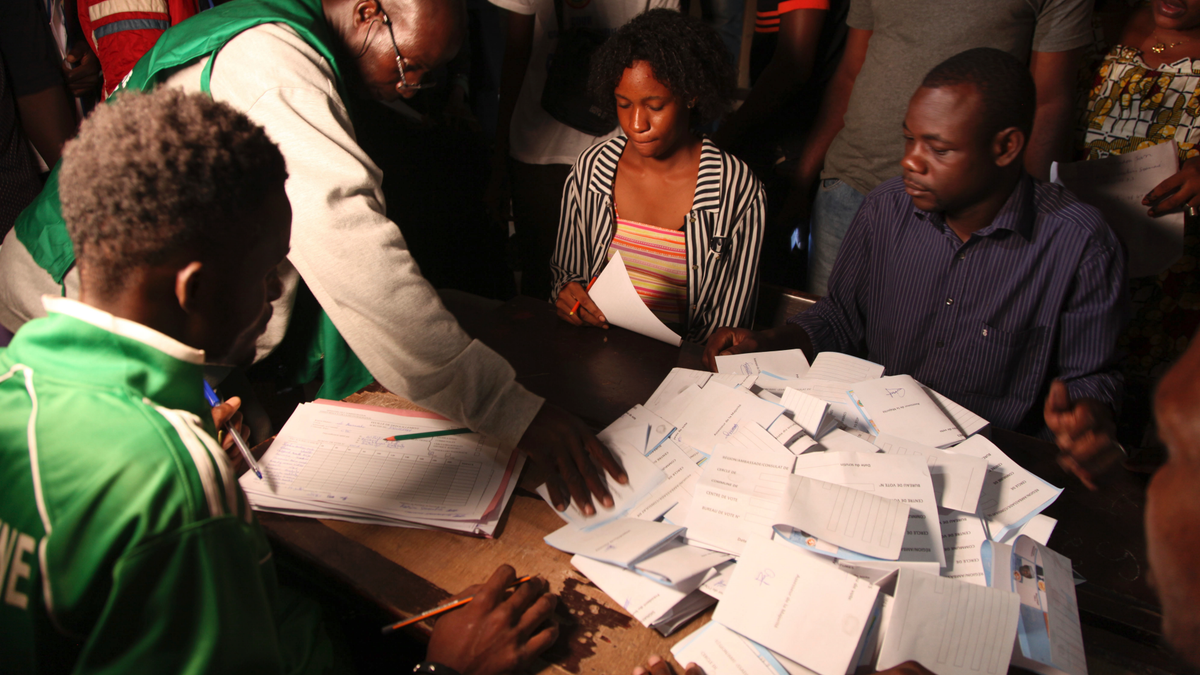
BAMAKO, Mali – More than 700 polling stations across Mali were not able to operate in Sunday's elections, which took place under the threat of attack by extremists, the government said Monday.
The vote elsewhere was carried out under "satisfactory conditions," the government said. No voting results have been announced; results are expected within the week.
It was not yet clear how many of the West African nation's 8 million registered voters took part in the election in which 73-year-old President Ibrahim Boubacar Keita seeks a second five-year term.
If no candidate wins more than 50 percent, a second round is Aug. 12.
The 716 stations that did not operate represent just over 3 percent of the country's total. Al-Qaida's Mali branch had warned voters against going to the polls.
"There were security incidents but they weren't major and didn't affect the credibility of the elections," said Gilles Yabi with the Senegal-based think tank Wathi, saying Mali in general has lower voter participation than other countries in the region.
Extremist groups linked to al-Qaida and the Islamic State organization roam Mali's north and have pushed into the central part of the country in recent months, targeting Malian and French troops and other high-profile targets including the headquarters of a new regional counterterror force.
Keita's main challenger is 68-year-old Soumaila Cisse, his rival in 2013, who has criticized the president for not addressing Mali's rising insecurity.
No polling stations opened in some of central Mali's ethnic Fulani villages under the control of jihadists. The region has been troubled by deadly communal clashes between ethnic groups amid suspicions of villagers being recruited by extremist groups.
Meanwhile, a more assertive response by Mali's security forces to recent attacks has led to accusations by human rights groups of extrajudicial killings.
___
Follow Africa news at https://twitter.com/AP_Africa








































